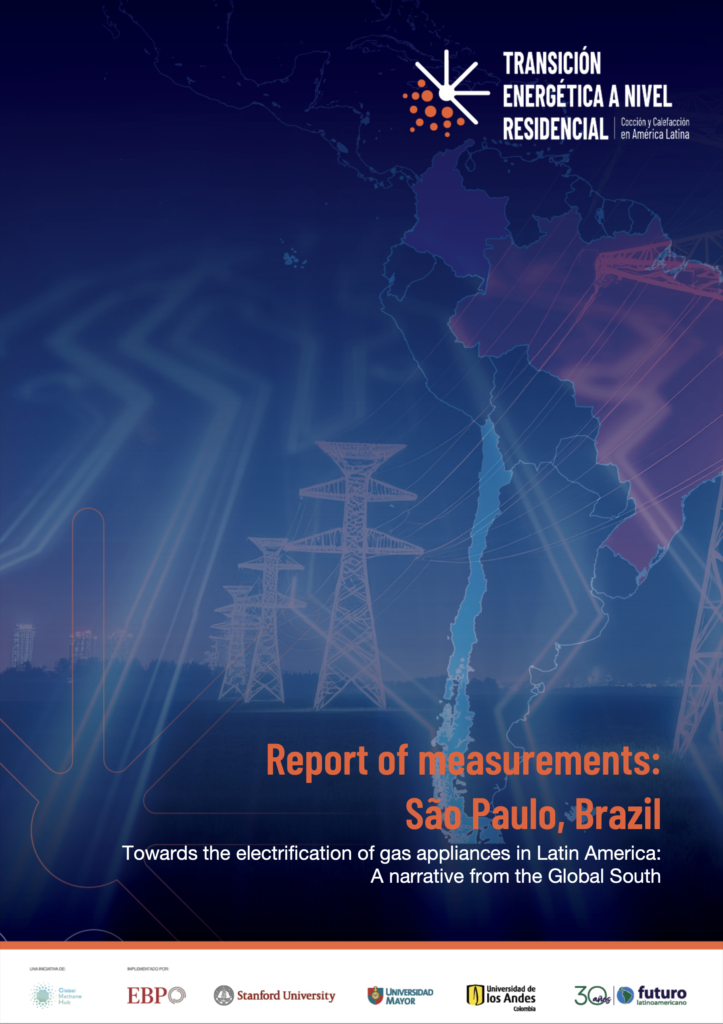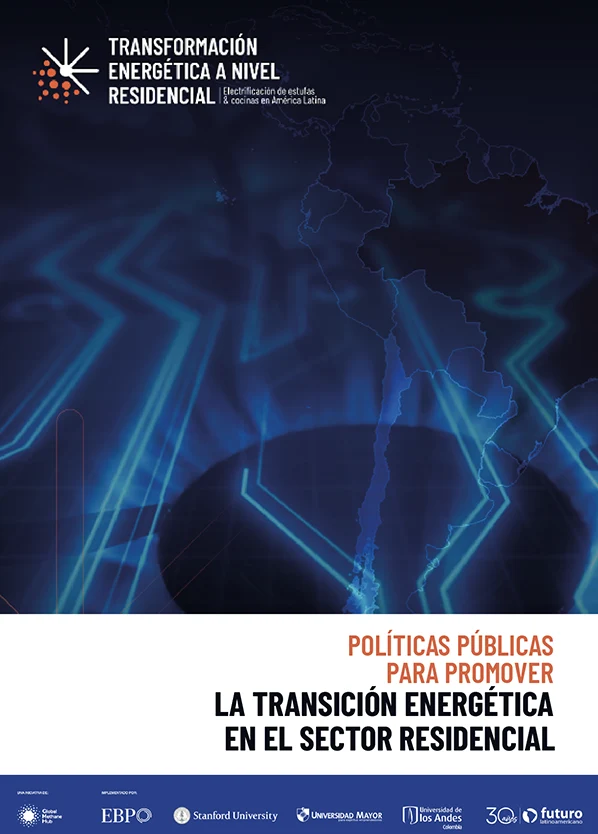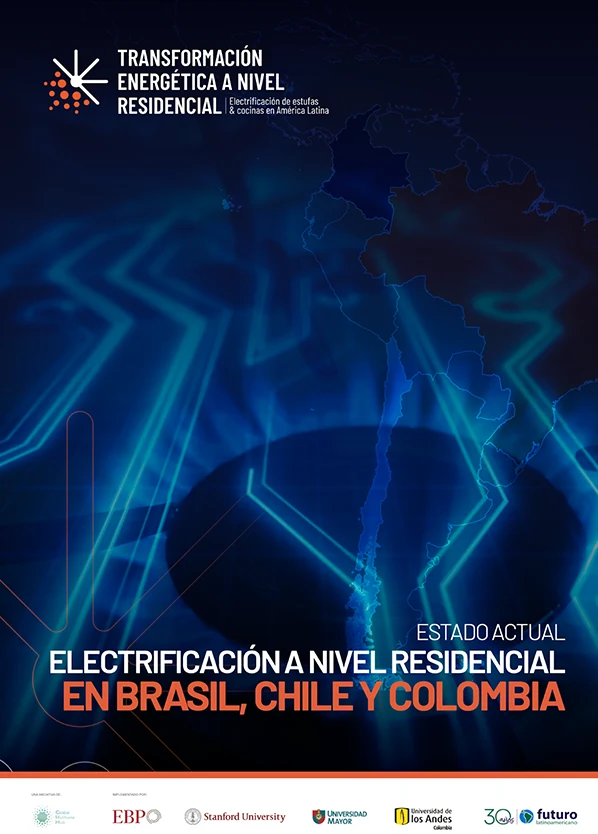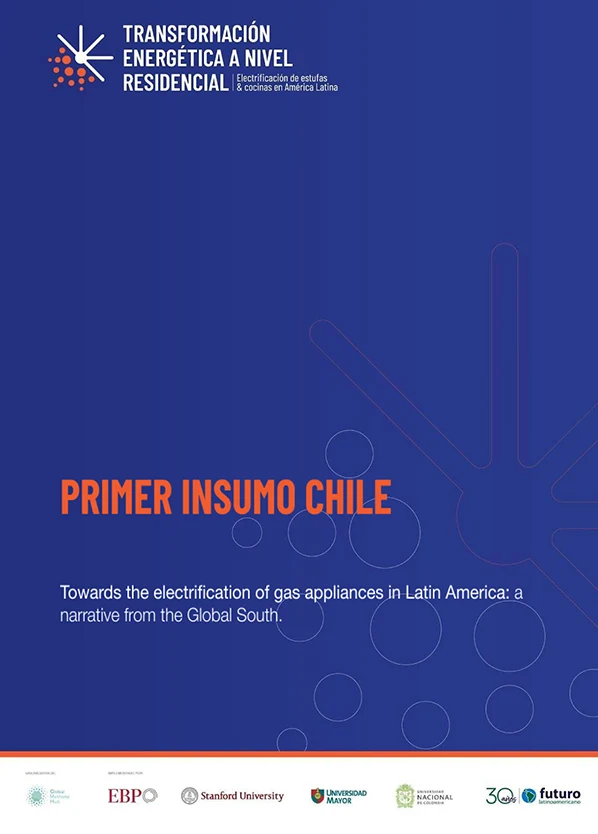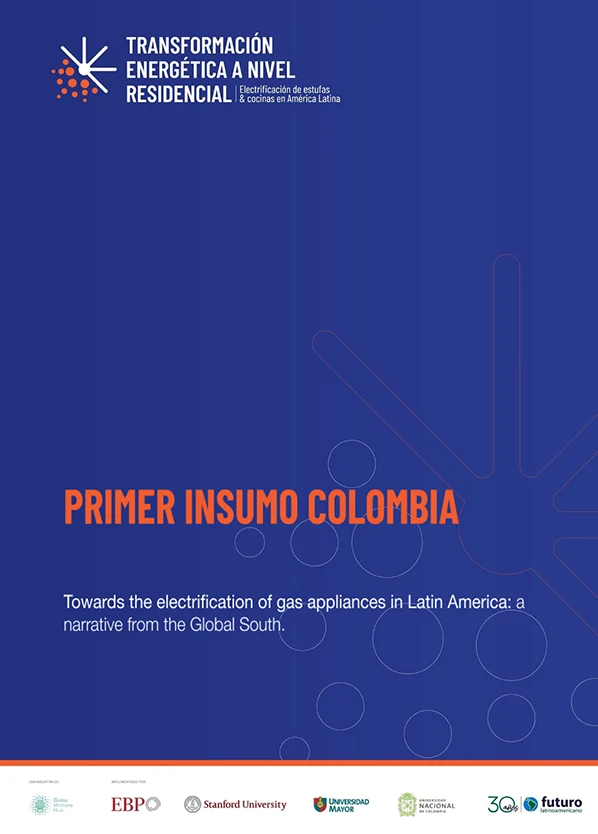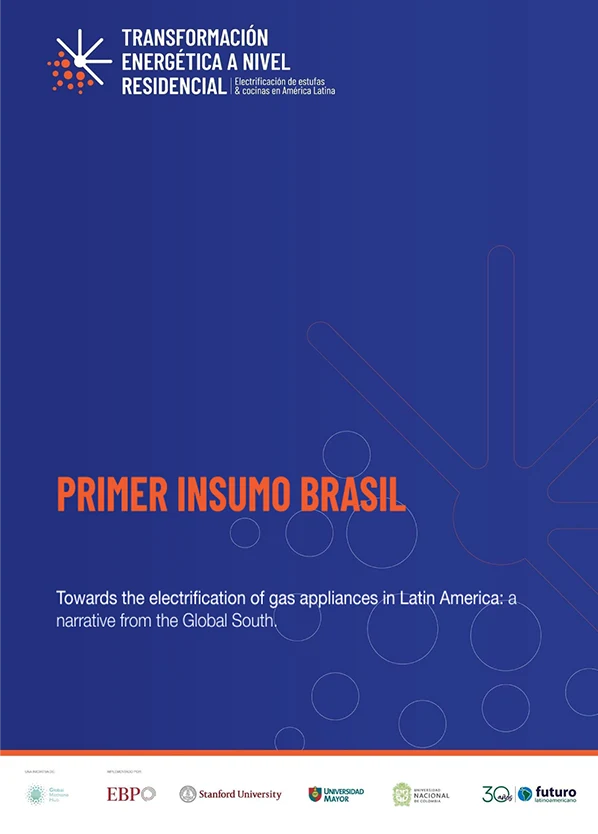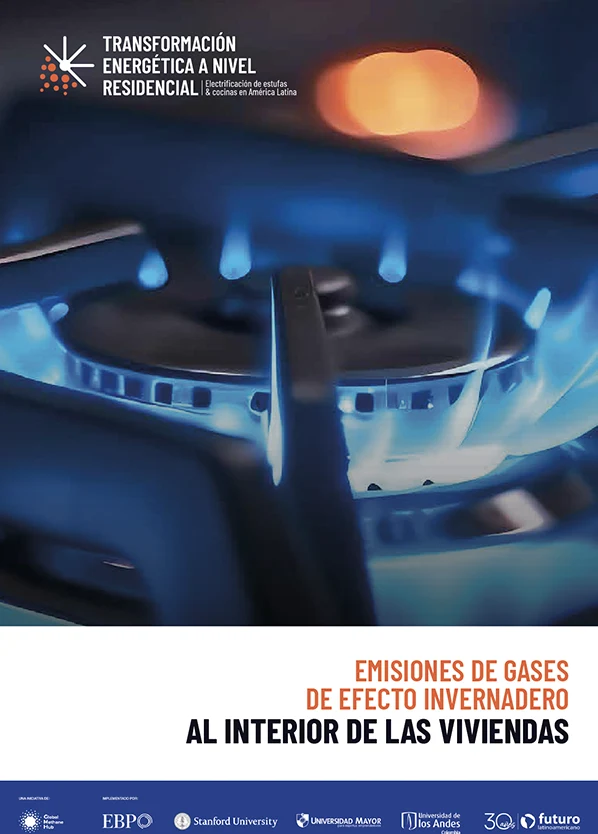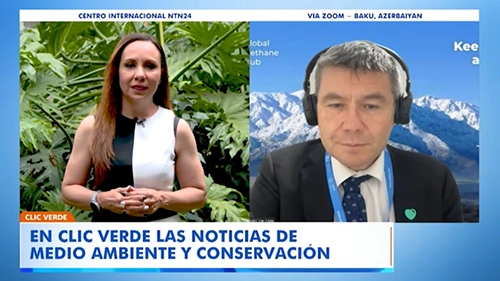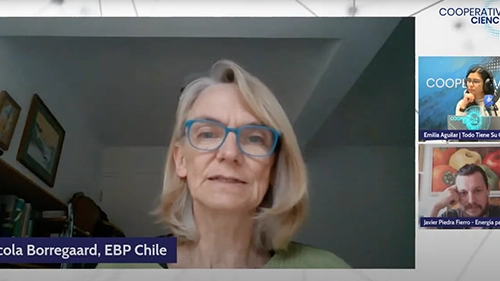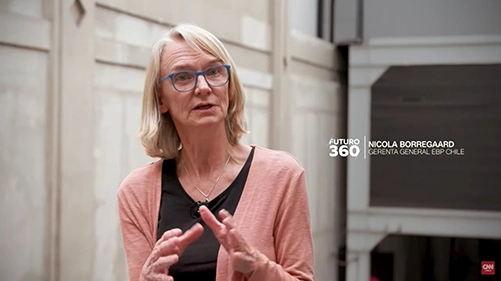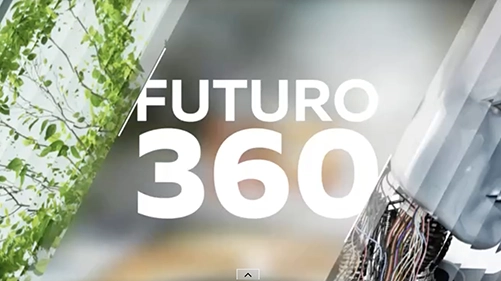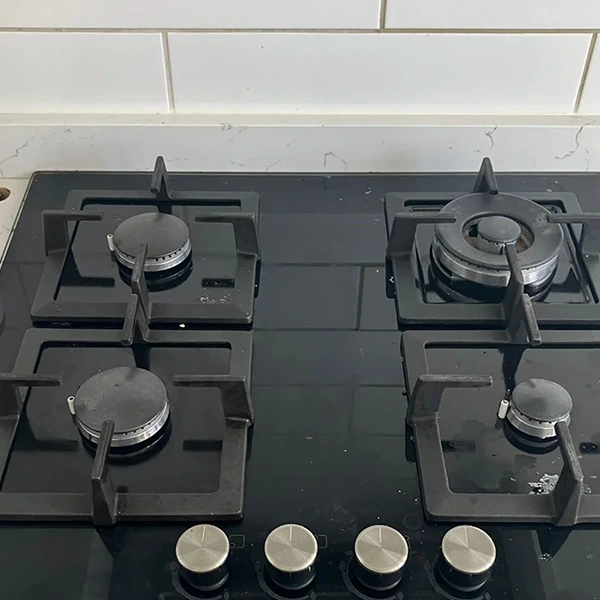RESIDENTIAL
ENERGY
TRANSITION
THE PROJECT
“RESIDENTIAL ENERGY TRANSITION: Electrification of Stoves and Cooktops in Latin America” is a project aimed at reducing pollutant emissions and improving people’s health and well-being through a strategy that integrates scientific research, public policy, effective communication, and stakeholder collaboration.
Implementation
Sites
Objective
The “Residential Energy Transition: Electrification of Stoves and Cooktops in Latin America” project aims to promote the adoption of programs in Latin America that facilitate residential energy transition. It seeks to reduce pollutant emissions and improve people’s health and well-being.
The project’s strategy integrates scientific research, regulatory advocacy, effective communication, and stakeholder collaboration, structured around three thematic pillars: Diagnosis, Measurements, and Public Policy.
Proposed Actions
2. Provide data through technical reports, academic papers, participation in seminars, and edu-communication materials.
3. Offer policy recommendations to governments as input for enacting new instruments.
KNOWLEDGE PROMOTION
The “Residential Energy Transition” project aligns with global efforts to reduce greenhouse gas (GHG) emissions in Latin America. This project promotes knowledge and encourages the electrification of stoves and cooktops, thereby reducing the use of fossil fuel-based appliances. By integrating scientific research, public policy, and effective collaboration, the project aims to improve indoor air quality and enhance people’s well-being, contributing to a healthier and more sustainable environment.

